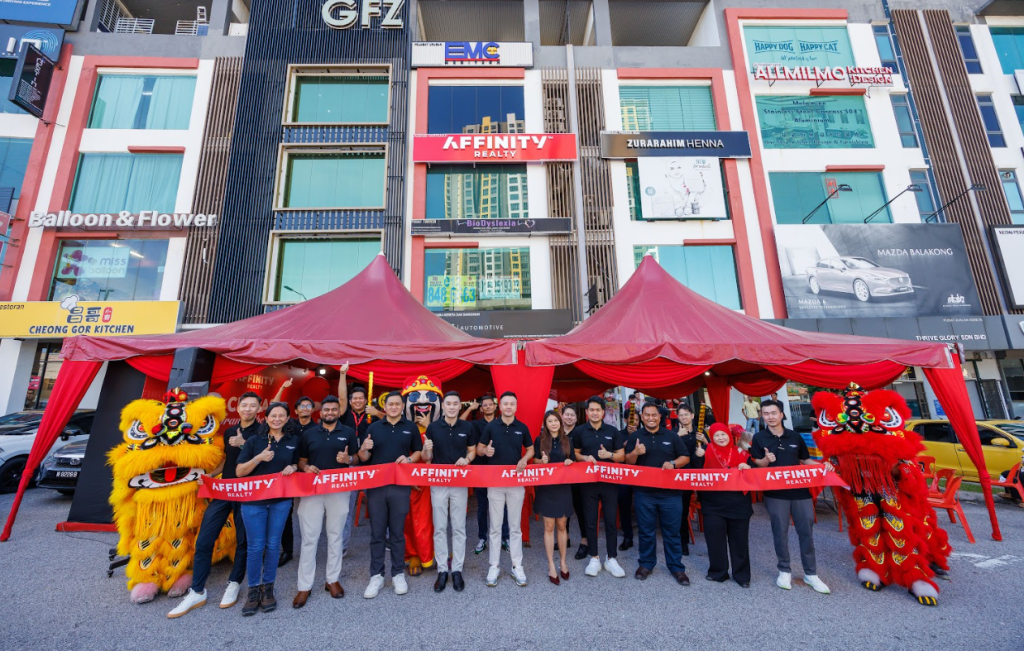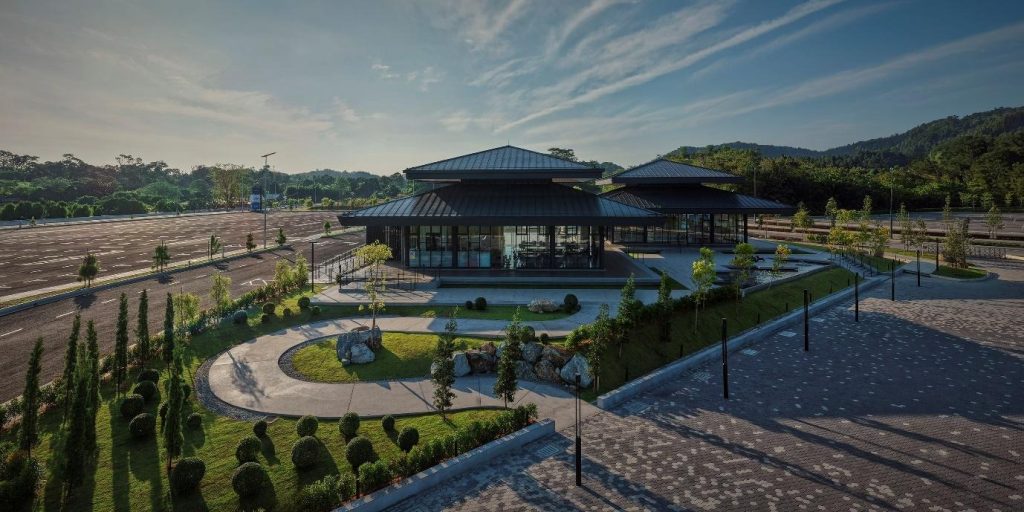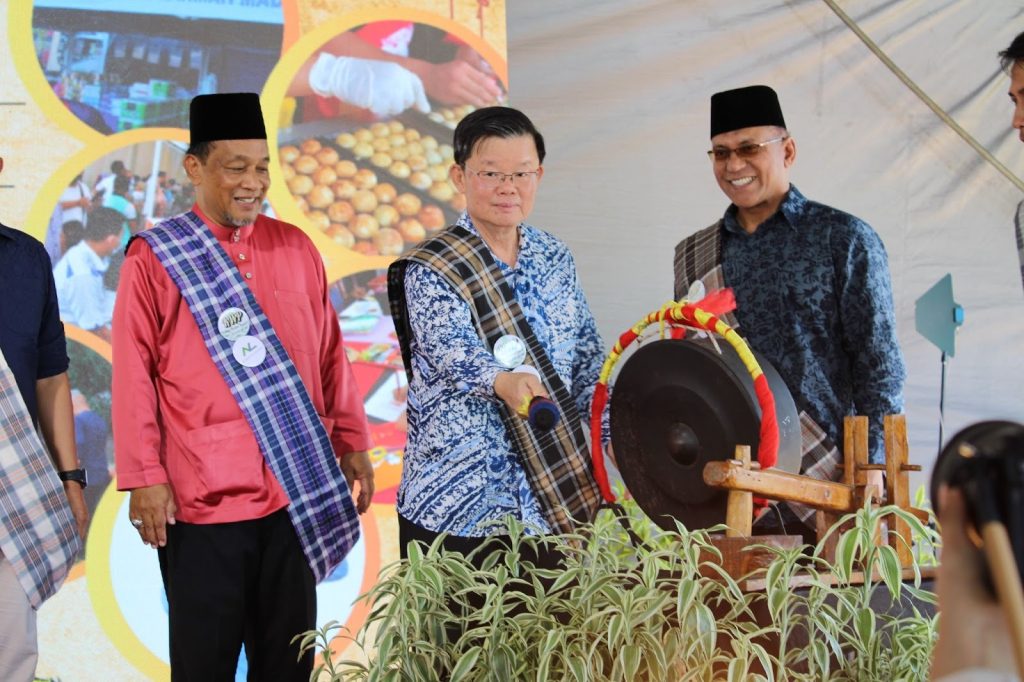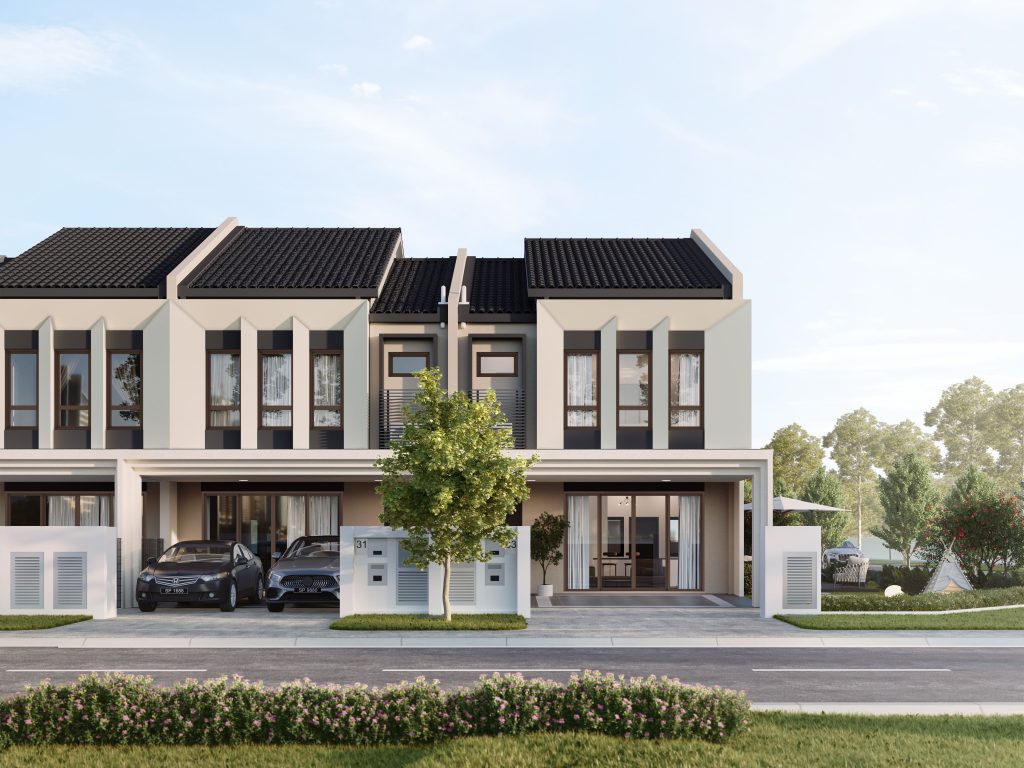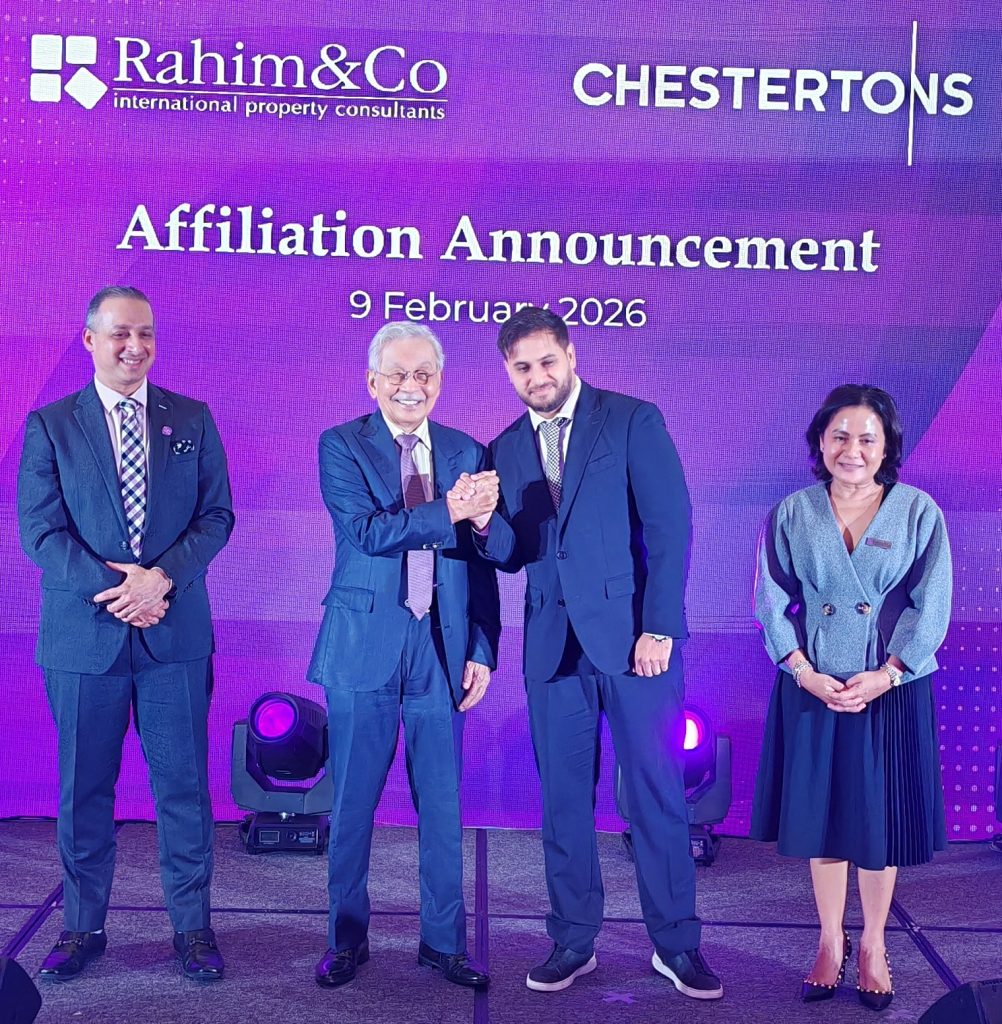Malaysia throws its lure to attract high net worth individuals
Contributed by Sulaiman Saheh
The intention of bringing foreign investments into the country hinges on the expectation of the economic growth it potentially brings and the positive multiplier effects into many other sectors. This, of course, applies to the higher income levels of such foreigners who invest and spend significantly in the local economy, as opposed to the lower-income foreign labourers.
As the world becomes more globalised and the international movement of people is expected to grow, some countries have welcomed them through special programmes through what is commonly referred to as a golden visa or residency-by-investment.
Other than the commonly larger-valued Foreign Direct Investments (FDIs) associated with new business set-ups and expansions, foreign investments can also be at a more individual level. These may include investments in local financial instruments and products, as well as residing in the country and even purchasing local properties. Areas that have significant foreigners’ and expatriates’ occupation and even ownership, is more often than not, seen as more affluent with higher property prices and rental rates.
Last month, Home Minister Datuk Seri Hamzah Zainudin announced a new visa program called the Malaysian Premium Visa Programme (PVIP) to attract foreigners of high net worth, successful businessmen and wealthy individuals to the country. The country’s Residency Through Investment programme, which is open for applications as of Oct 1, is expected to help drive the country’s economic growth.
With the new programme having just been announced and launched recently, information is still limited at the time of writing. At the moment, the conditions of participation that have been shared with the public are that the programme is open to all participants with proof of having a minimum offshore income of RM40,000 per month or RM480,000 annually and have a fixed deposit account of at least RM1mil, amongst others. Withdrawals are only permitted from the second year onwards and limited to a maximum of 50% of the principal value for the purpose of health, education or real estate. The application will also involve a one-off payment in participation fee of RM200,000 per applicant and RM100,000 per dependent. Benefits to be given upon successful application include a visa approval of up to 20 years (via four renewals of five-year visa validity), permission to study, work and conduct business activities as well as purchases of residential, commercial or industrial real estate.
The major difference between PVIP and the recently revised Malaysia My Second Home programme, MM2H, is that the term for the PVIP visa is longer - 20 years compared to five years - and the PVIP visa allows for employment or business and study as opposed to MM2H which is purely for a residency visa. However, there are similarities in the eligibility criteria such as the key income criteria set is based on a minimum offshore income at RM40,000 per month or RM480,000 annually plus a fixed deposit requirement of a minimum RM1mil for both programmes.
With the similarities seen between both programmes, it begs the question of how effective would the PVIP be for the property market by way of bringing in potential high net worth investors considering the pre-existing MM2H that had been running since 2003 had its own challenges.
Aside from the visa period granted and fees involved, the differences seen lie more in the options available to each PVIP participant rather than clearer forms of investment-related avenues. Following the government’s statement of having the PVIP designed in a way to attract wealthy investors and business tycoons to reside and invest in Malaysia, it seems to lack clear pathways via investments, like business set up and investments, for the Residency-Through-Investments or Residency-By-Investments programme in comparison to similar programmes in our neighbouring countries.
Compared to other nations
Looking at similar Residency-By-Investment programmes offered by other countries, Australia and Singapore demonstrate such an investment-driven structure to the programs offered. For Australia, there is an option of four visa streams under the Business Innovation and Investment Program for applicants to choose from - three of the four requiring a commitment of at least A$2.5mil into a complying Australian-managed investment fund or obtaining ownership of an Australian business.
For Singapore, under the Global Investor Program, applicants can choose among three investment options: invest at least S$2.5mil in a new or existing business entity, invest at least S$2.5mil in an approved fund investing in Singapore-based companies, or an investment of S$2.5mil to establish a single-family office in Singapore with a minimum of S$200mil in assets under management. By having such defined avenues and investment or business options, the benefit and outcome expected from the programmes in these two countries are more clearly defined.
In relation to real estate investments, a residence permit or citizenship is offered in exchange for such investment as seen in countries in Europe and the Caribbean. Some of the popularly known countries include Portugal, Spain and Greece. In Portugal, the eligible investment via the real estate option requires purchasing a new property for at least €500,000 or for properties that have not been renovated for more than 30 years at €300,000. The same threshold of €500,000 applies to the Spanish program as well.
As with the mentioned Australia and Singapore programs, specific stipulations pertaining to a form of investment are made clear for an applicant to choose from and ensure that the investment aimed for pulls through in exchange for the benefits to be enjoyed by the successful participants.
Proven cases
But has such a programme succeeded in pulling in the high net worth buyers? Spain has recently seen a boom in foreign buyers entering its real estate scene as reported by the local news websites. Spain’s property market had experienced an increase in demand by UK buyers via the country’s Residency By Investment visa program following the UK’s departure from the EU. With the British no longer being able to freely enter and exit Spain as before to visit their Spanish homes, the investment-led visa program offers a convenient and alternative way to own properties in Spain and gain easy access into the country.
In April 2022, the UK property portal Rightmove reported an increase of 36% in demand for Spanish homes in the past 12 months. Spain’s National Statistic Institute (NIE) also confirmed that the Spanish real estate market experienced a high peak of 52,684 property transactions in January 2022 – the highest ever for any January since 2008. In the Malaysian real estate context, such similar benefits could be seen to spur the property market as developers would be looking to a bigger foreign buyer’s pool on the higher end of the spectrum as well as creating potential demand for foreign investors who are looking to put in their capital funds.
Amidst the encouraging prospects for the programme in other countries is the fact that they offer the benefit of obtaining a residence permit or citizenship after five years of participation. This may prove to be a challenging point for Malaysia as PVIP does not offer either a residence permit or citizenship. Instead, applicants are given a five-year long social visit pass that is renewable over a 20-year period. This then makes it even more crucial for the new PVIP to offer enticing investment opportunities to attract the targeted participants.
Some may argue that bringing in more foreign buyers may adversely affect the local market by giving way to foreign speculation. Thus, that is why specific price thresholds have been put in place by the government so as to ensure that foreign buyers are directed to a specific market segment and do not overrun the local-targeted segment. Having a bigger pool of foreign buyers has its perks, especially in reducing the persisting stock of completed dwelling units that remain unsold, commonly known as an overhang. While no notable improvement is observed thus far in reducing overhang stock by way of pulling in more high net worth potential buyers, the potential remains if more clarity, access and transparency were given to the newly-introduced PVIP in addition to the revamped MM2H programme.
Attracting foreign investments has become a global, if not at least a regional, competition. With the various programmes the country has to offer, the Malaysian Premium Visa Programme (PVIP) could help to strengthen our edge and attractiveness, but its key will be through a thorough marketing and implementation regime as well as differentiation and clarity.
Stay ahead of the crowd and enjoy fresh insights on real estate, property development, and lifestyle trends when you subscribe to our newsletter and follow us on social media.




